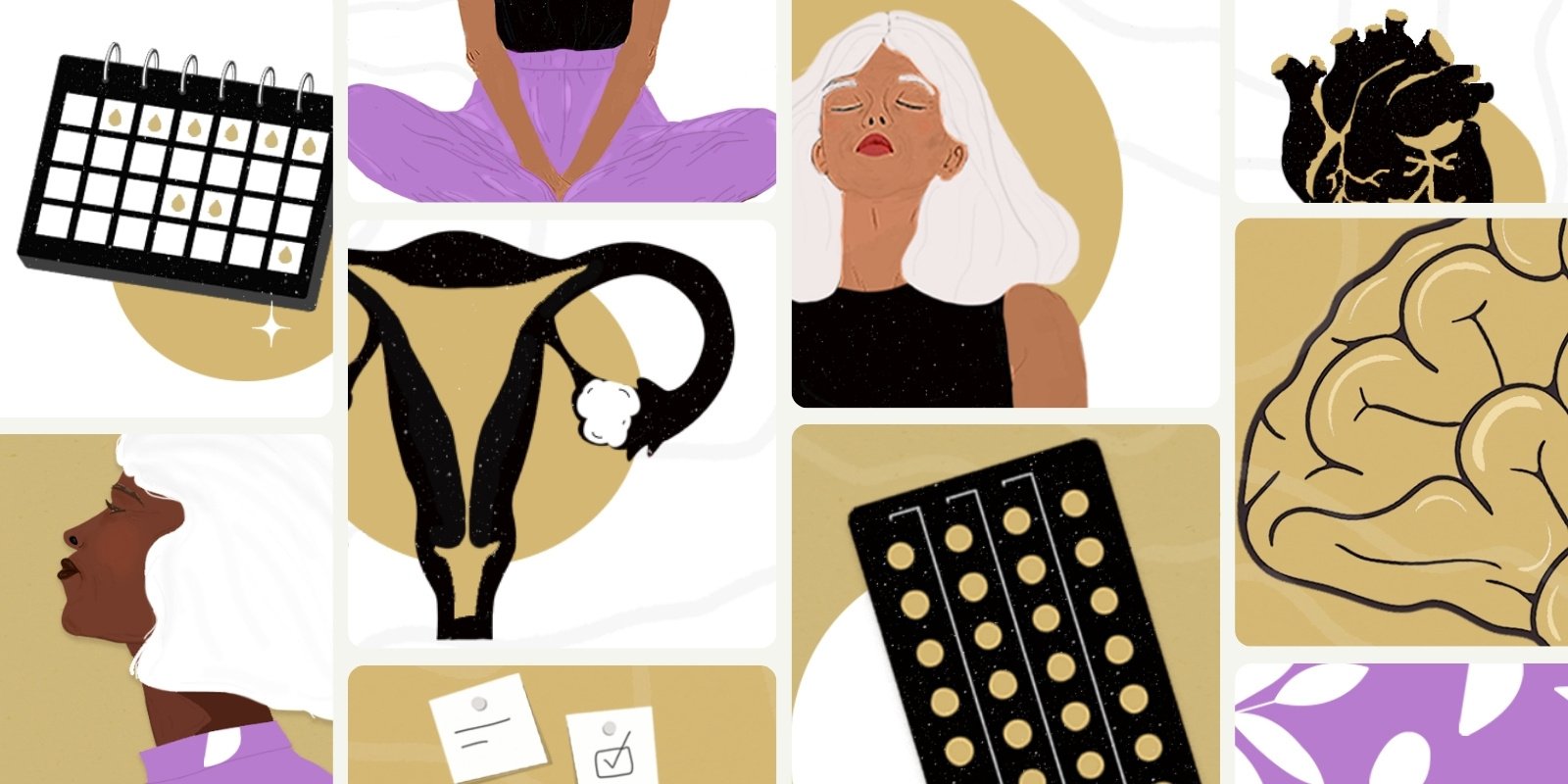As more women enter the menopause transition and awareness of gender disparity in healthcare research rises, advocacy behind this final reproductive stage has entered a new era.
Whether she’s a top executive of a major company or a do-it-all mom of busy teenagers, more women are standing up for better menopause treatment and care and refusing to just soldier through the life phase long swept under the rug.
Below are five takeaways from the first stories in an educational series that highlights providers at the University of Colorado Anschutz Campus who are raising the bar for these women. Stay tuned. There’s much more ahead from this deep dive into menopause.



